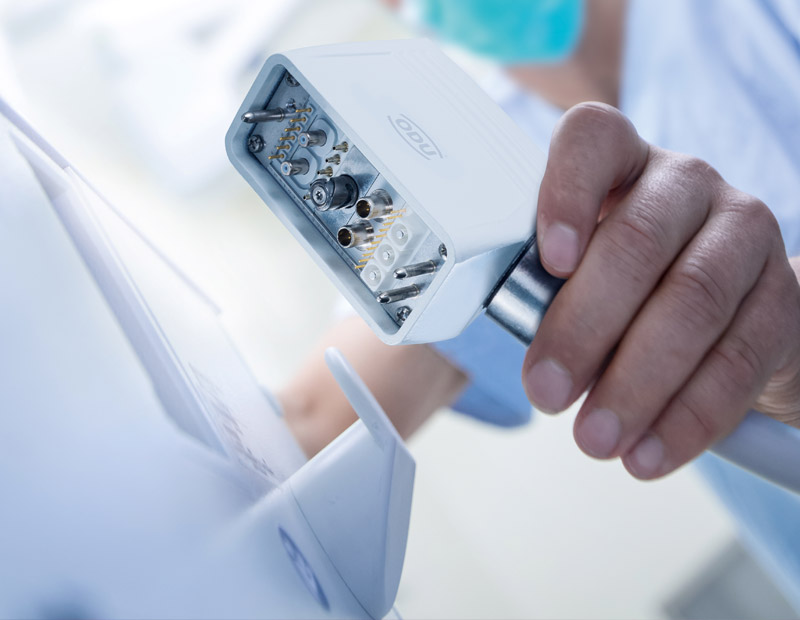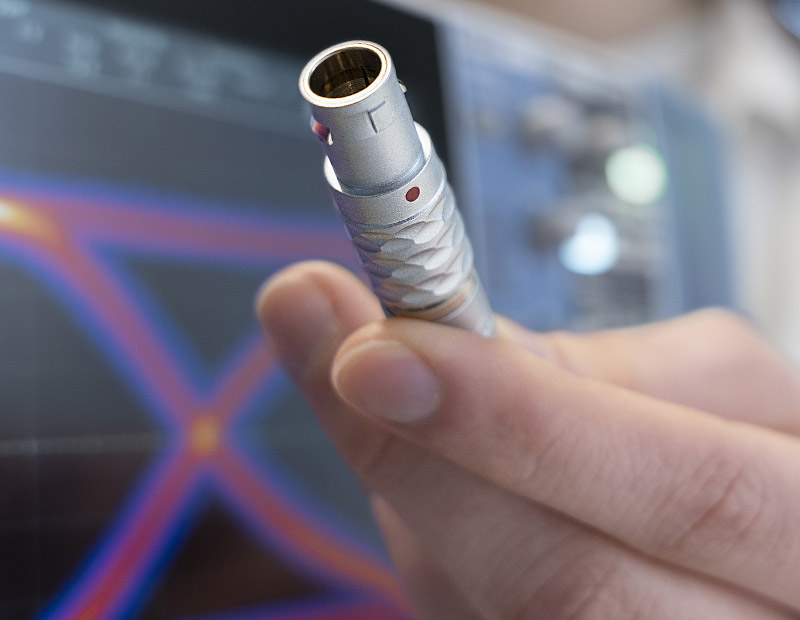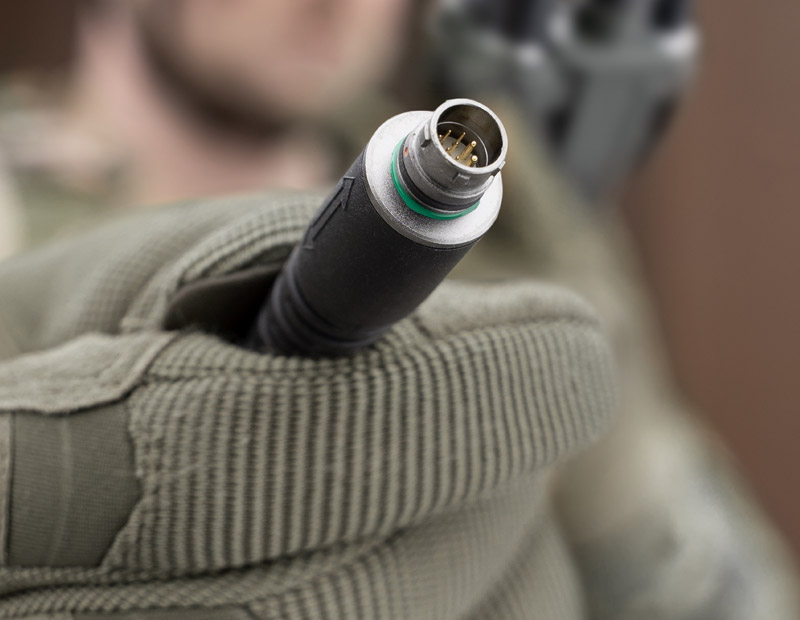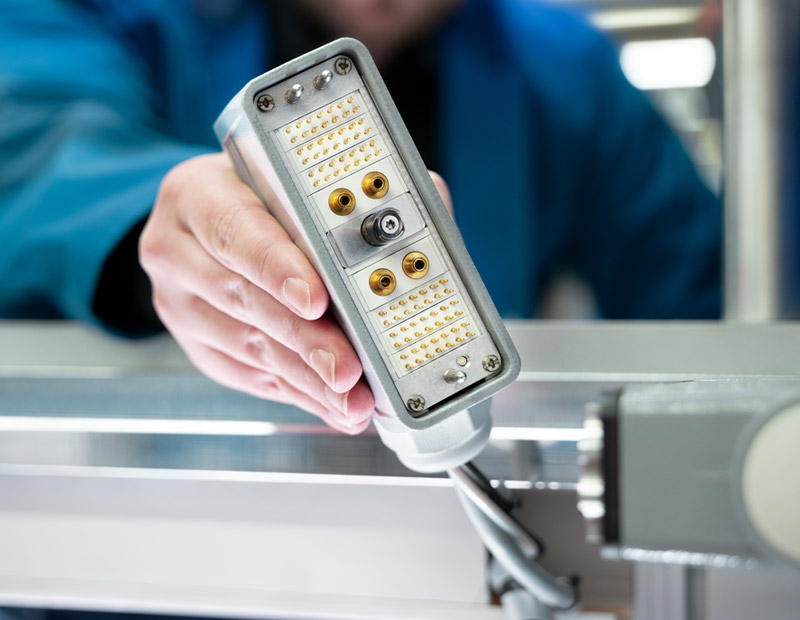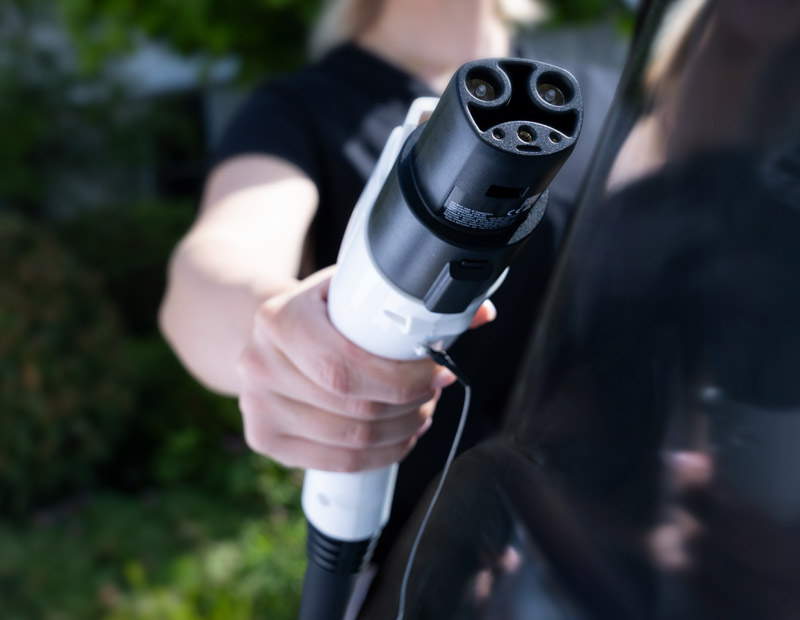-
Products
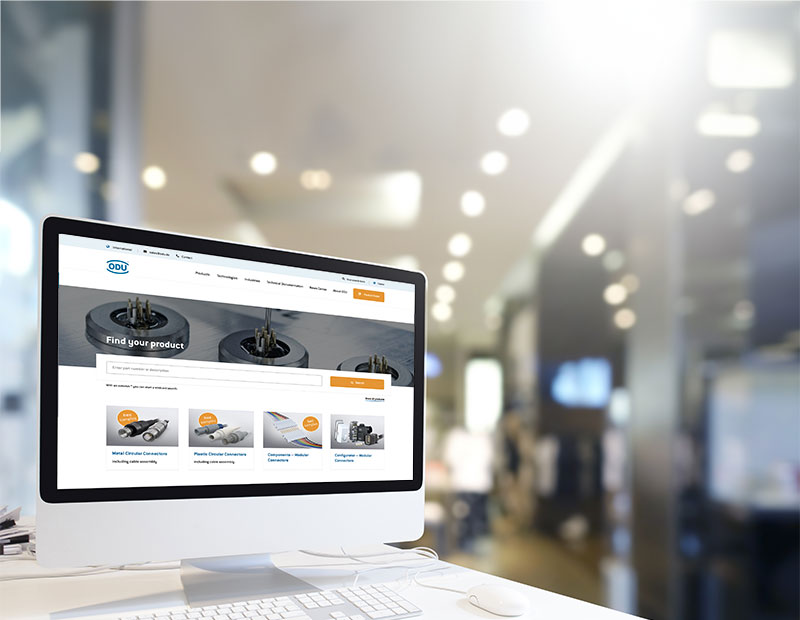 More technical details Download CAD data, order samples and buy online.
More technical details Download CAD data, order samples and buy online. - Technologies
- Industries
- Service
- Company
